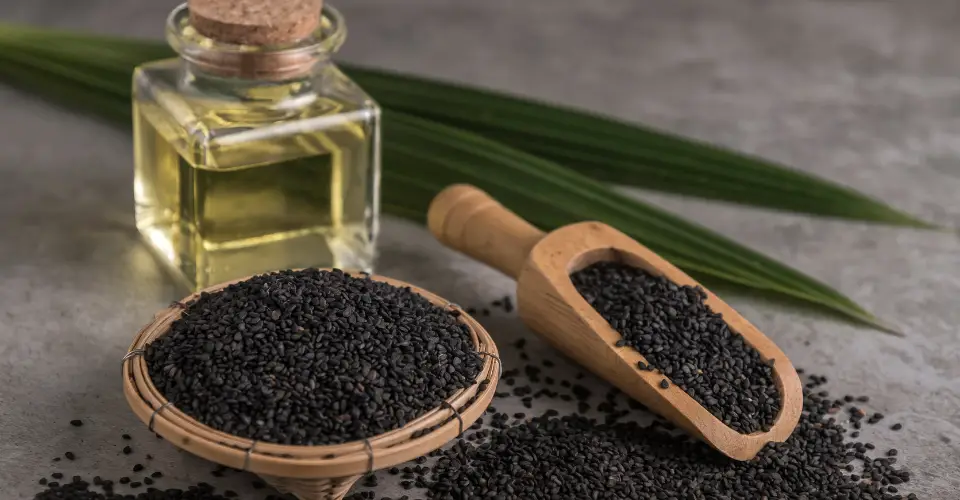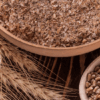Black Seed (Nigella sativa): The Ancient Black Seed with Powerful Benefits
Black seed, commonly known as black cumin or kalonji, is a small but mighty seed that has been revered for centuries for its medicinal and culinary properties. This tiny black seed, derived from the black seed plant, has been a staple in traditional medicine across various cultures, from ancient Egypt to the Middle East and Asia. Known as the “seed of blessing,” it has been praised for its ability to promote health and well-being
What makes black seed so remarkable is its rich composition of essential oils, antioxidants, and bioactive compounds such as thymoquinone, which is responsible for many of its health benefits. Whether consumed as an oil, spice, or supplement, this seed has been linked to immune support, anti-inflammatory properties, and even potential benefits for heart and brain health.
In this blog, we will explore the history, nutritional benefits, applications, famous recipes from around the world, and some intriguing fun facts about black seed. If you’re looking for a natural way to enhance your health, this powerful seed may be the perfect addition to your diet

A Brief History of Black seed
The use of black seed dates back over 2,000 years. It was discovered in the tomb of Pharaoh Tutankhamun, indicating its high value in ancient Egyptian culture. The famous Greek physician Hippocrates used it for digestive issues, while the Islamic prophet Muhammad reportedly referred to it as a remedy for “everything except death.” Over time, its medicinal use spread across Asia, the Middle East, and Africa, where it became an essential part of traditional healing practices
Nutritional Benefits of Black seed
Black seed is packed with nutrients and bioactive compounds that contribute to its impressive health benefits. Some of its key components include

Thymoquinone
A powerful antioxidant and anti-inflammatory compound
Essential Fatty Acids
Supports heart health and brain function
Vitamins and Minerals
Contains iron, calcium, magnesium, zinc, and B vitamins.
Antimicrobial Properties
Helps fight infections and supports immune function.
Digestive Health
Aids in digestion and can help alleviate bloating and discomfort.
Applications of Black seed
Black seed is widely used in various forms, including whole seeds, ground powder, and oil. Some of its common applications include
Added to bread, curries, pickles, and salads for flavor and nutrition.

Culinary Uses

Medicinal Uses
Used in traditional remedies to support immunity, respiratory health, and digestion
Incorporated into skincare products for its antioxidant and anti-inflammatory benefits

Cosmetic Uses

Supplement Form
Taken as an oil or capsule for overall health and wellness
Famous Recipes from Around the World
Black seed is a key ingredient in many traditional dishes worldwide. Here are some popular ways it is used

Naan Bread (India)

Pogaca (Turkey)

Black Seed Tea (Egypt)

Pickles (Pakistan)
Black seeds are commonly added to pickled vegetables for extra flavor and health benefits
Fun Facts About Black Seed
A Pharaoh’s Treasure
The seed was found in the tomb of Pharaoh Tutankhamun, proving its ancient importance.
The Ancient Cure-All
It has been mentioned in Islamic and Ayurvedic medicine for centuries as a “cure-all”.
Balancing Blood Sugar
Some studies suggest it may help regulate blood sugar levels and support weight management
Black seed is more than just a spice—it’s a powerhouse of health benefits with a deep-rooted history in traditional medicine. Whether you’re looking to enhance your diet, improve your well-being, or explore new flavors in your cooking, this ancient black seed is worth adding to your daily routine




